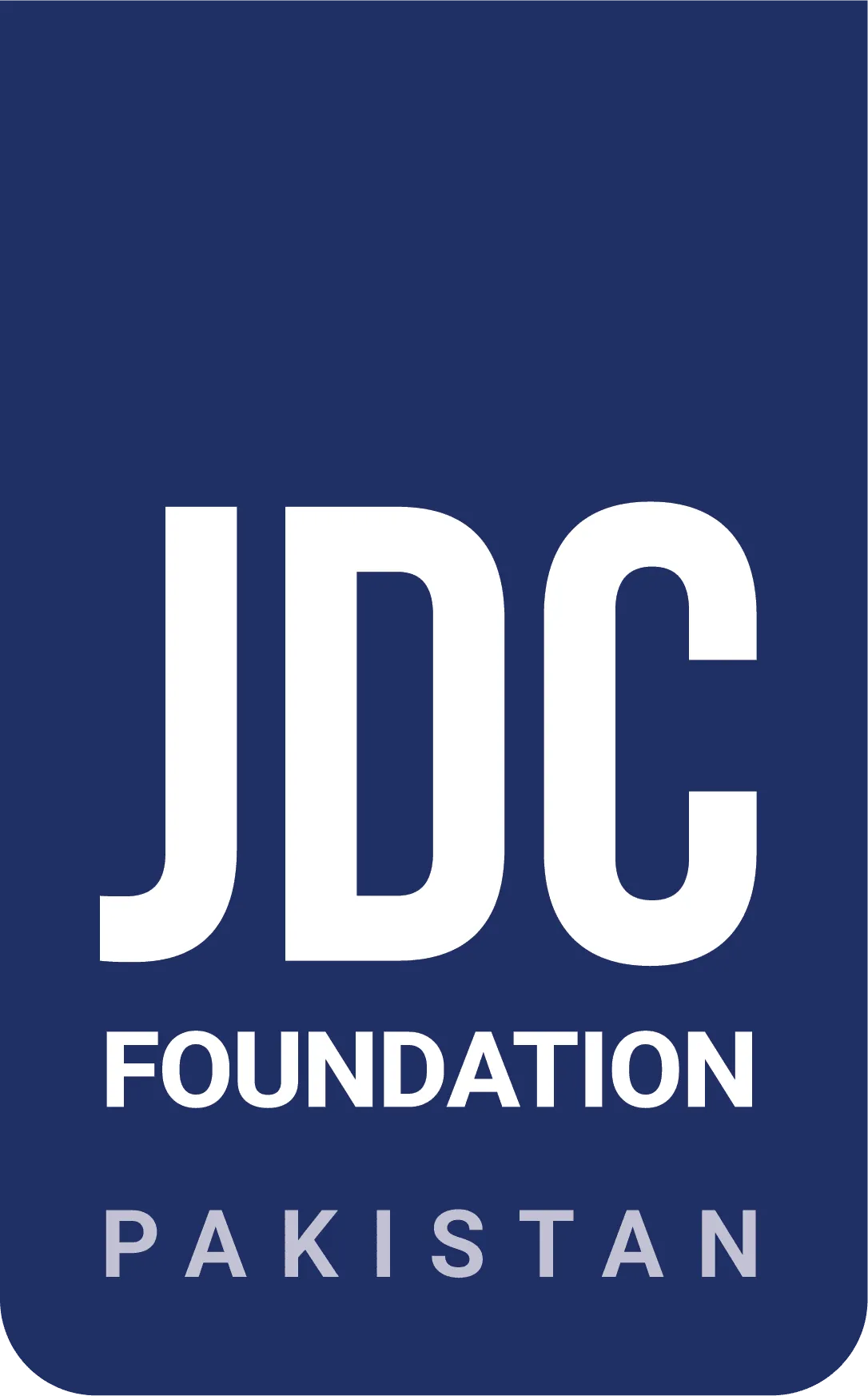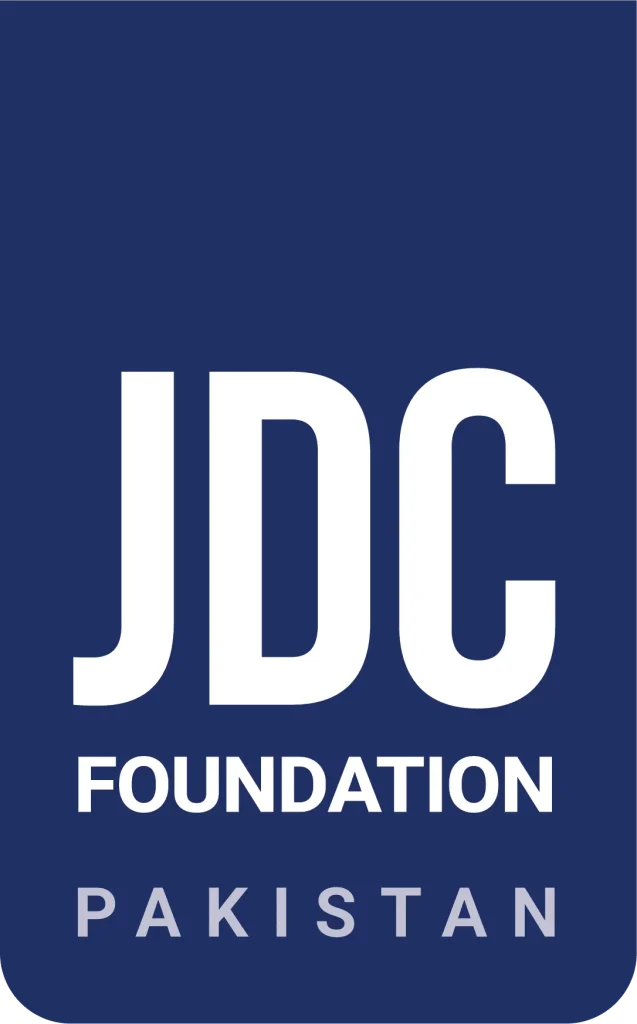
Zakat
What Is Zakat?
Zakat, also known as “charity” or “alms-giving,” is a mandatory form of giving back to the community for Muslims. The word “zakat” means “to purify” and it is considered a form of purifying one’s wealth by giving a portion of it to those in need.

What are the 3 conditions of zakat?
When Is Zakat Mandatory?
Who are the 8 Recipients of Zakat?
- These include the poor, the needy, those working to collect Zakat, those whose hearts need to be reconciled, those in slavery, those in debt, those traveling in the cause of Allah, and those in the way of Allah.
- If a person owes several years of Zakat, they can pay it all at once or make a plan to pay it off over time. It is important to note that paying Zakat late does not absolve the person of their obligation and they may still be liable for any penalties.
- Eligible recipients of Zakat are those who are in need and cannot support themselves, regardless of their religion or nationality. This includes the poor, the needy, and those working to collect Zakat.
- Zakat is due in the Islamic month of Ramadan, but it can be given at any time throughout the year. Many Muslims choose to pay Zakat every month, but it is not mandatory.
- Zakat is due on all forms of wealth, including salary. This means that if a person’s salary meets the nisab threshold, they must give 2.5% of it as Zakat. There are several ways to pay Zakat, including giving it directly to eligible recipients, giving it to a Zakat collector, or donating it to a reputable Zakat organization like JDC because it is important for you to ensure that your Zakat is being distributed to those in need in a timely manner.
The Many Benefits of Giving Zakat: A Fulfilling Act of Charity
- Unification in the cause of Allah, with an angel praying for those who donate for divine purposes.
- Zakat also serves as a means of protection from hellfire for those who obey Allah with complete faith.
- Additionally, the act of donation promotes a sense of belongingness within society by promoting balanced wealth distribution and uplifting the poor and needy, thereby reducing social differences and fostering equality amongst individuals as intended by Allah.
Zakat Criteria and Considerations
Basic Conditions for Zakat:
Zakat for Minors
- Some schools of thought suggest that Zakat is also due for minors with wealth or inheritance who meet specific conditions.
- This does not apply to children’s allowances or Eid money, but rather to minors with trust funds and inheritances.
- Consult with your local scholar for further details on this topic.
Understanding Zakat: Calculation and Its Impact
Zakat is a form of charity in Islam that has many benefits for individuals and society. Here are some pointers to calculate zakat and understand the facts:
Zakat is not just an annual obligation, but a powerful tool for uplifting and serving the needy. Its significance is emphasized in the Quran, where it’s mentioned over 30 times and linked with prayer. By paying Zakat, we demonstrate our commitment to inner refinement and public service.
How Zakat Changes Lives
- The primary purpose of Zakat is to assist the poor, needy, and disadvantaged by ensuring their basic needs are met.
- At JDC, we focus on distributing Zakat in a way that empowers people to break the cycle of poverty and achieve financial independence.
Who Needs to Pay Zakat
- Zakat is mandatory for Muslim adults of sound mind who own a minimum amount of Zakatable wealth (Nisab) for at least one lunar year.
- Minors with trust funds or inheritances may also be obligated to pay Zakat, subject to certain conditions.
Calculating Zakat
- Zakat is calculated based on total income minus immediate needs and living expenses, subject to the Nisab threshold.
- The Zakat amount is calculated as 2.5% of the Zakatable wealth.
- JDC’s Online Zakat Calculator can simplify the calculation process.
- By understanding the fundamental principles of Zakat and its calculation, we can make a meaningful impact on society and contribute to the fulfillment of our religious obligations.
- To calculate Zakat, first, one must determine the Zakatable income, which includes all sources of income such as gold, silver, cash, stocks, and property.
- After adding all sources of income, one must calculate their annual living expenses and deduct them from the total income to find the total Zakatable amount.
- If the Zakatable amount is above the threshold or nisab, the individual should donate the calculated Zakat percentage of the Zakatable wealth.
Calculating Zakat on Salary
- Zakat on salary is calculated based on the savings from the salary.
- If the savings exceed nisab, then the individual is obligated to pay Zakat.
- In the case of irregular salary, one can calculate the total savings of the year and donate accordingly.
Zakat Facts
- Only those who hold wealth for a complete year are eligible to donate Zakat.
- It is the right of every poor to receive Zakat as ordered by Allah.
- The main intention of Zakat is to make the poor self-reliant and provide equal status next to the rich.
- Zakat is second only to the five daily prayers when talking about the five pillars of Islam.
- Zakat calculations must be done in a specific manner and not at the individual’s discretion.
- People should prioritize their neighborhoods for charity.
Donate/Pay Zakat to JDC
- At JDC, we understand the importance of giving back to the community and we make it easy for you to donate your Zakat. We are a not-for-profit organization that is dedicated to providing Zakat services to our people. We work tirelessly to ensure that your Zakat reaches the deserving people, who are in dire need of your support.
- By giving your Zakat to JDC, you can rest assured that your money will be used to support those in need and make a real difference in the lives of those around you. We have a team of experienced and dedicated professionals who are committed to ensuring that your Zakat reaches the right people, in the right way.
- Donating zakat to JDC is easy, you can make a Zakat donation online, by phone, or by visiting our office. Our team will help you to calculate your Zakat and provide you with all the necessary information about our Zakat policy.
- So, if you want to make a difference in our country, give your Zakat today by donating to JDC. Your support will help us to continue our work of helping those in need and making a positive impact on the lives of those around us.
The wealthy, except those involved in the Zakat administration:
- Able-bodied poor individuals who have the capacity to work but refuse to do so.
- Those who are heretical, apostates, or anyone who actively participates against Islamic beliefs.
- Spouses and descendants cannot be recipients of Zakat.

